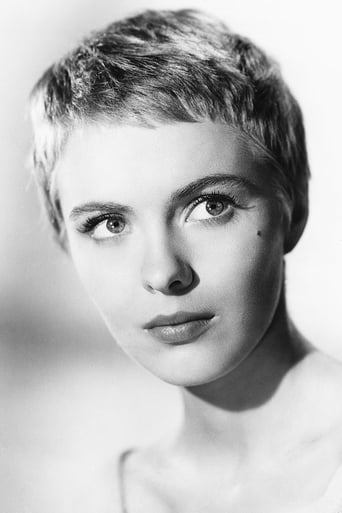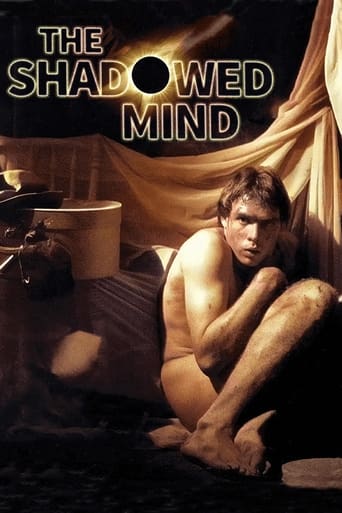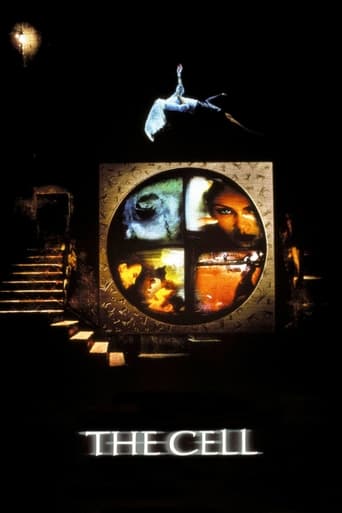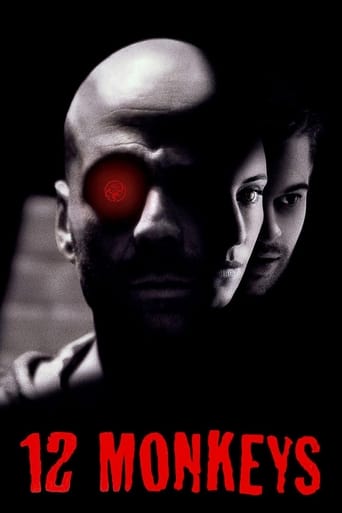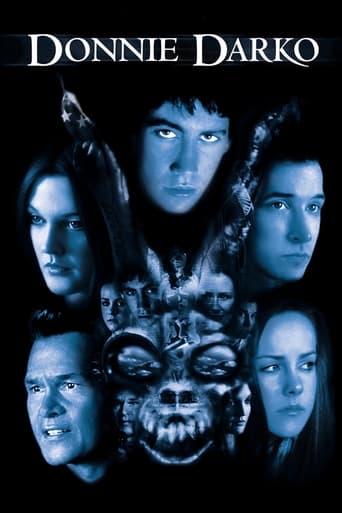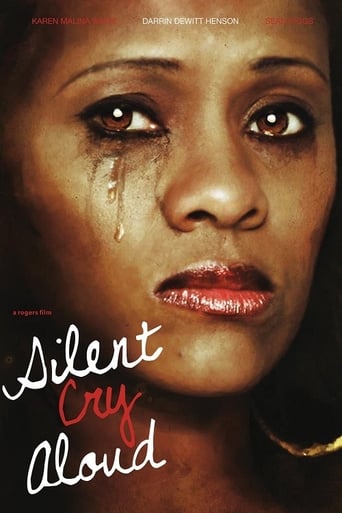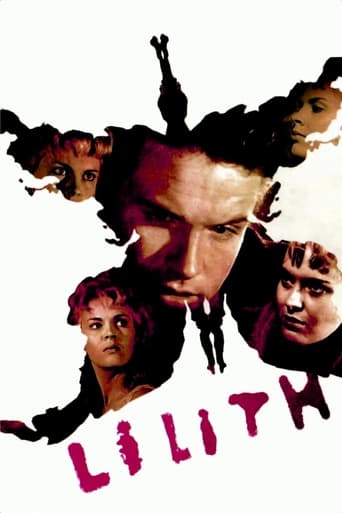
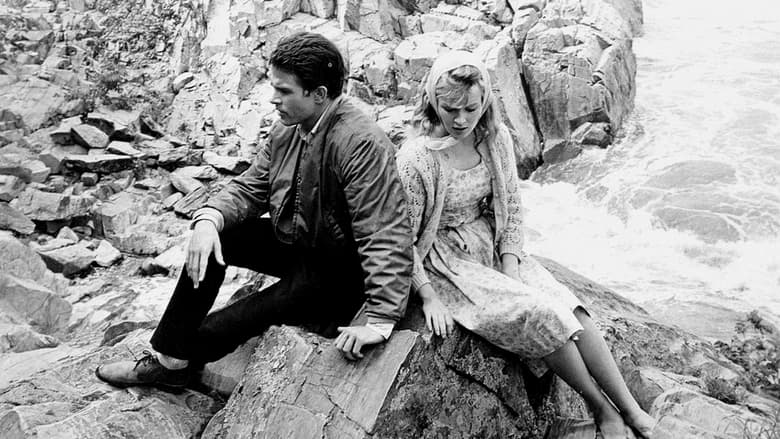
Lilith (1964)
Vincent Bruce, a war veteran, begins working as an occupational therapist at Poplar Lodge, a private psychiatric facility for wealthy people where he meets Lilith Arthur, a charming young woman suffering from schizophrenia, whose fragile beauty captivates all who meet her.
Watch Trailer
Cast
Similar titles
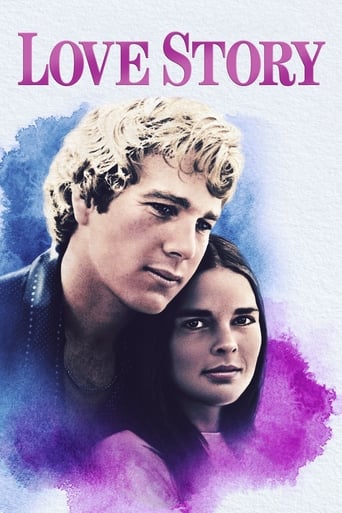
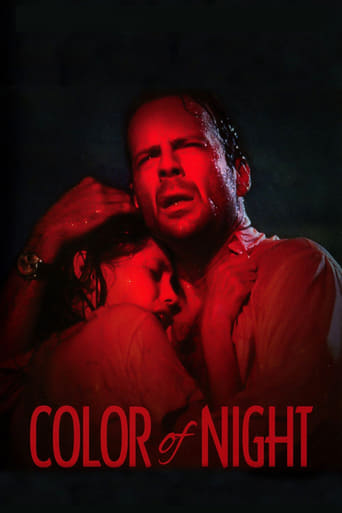
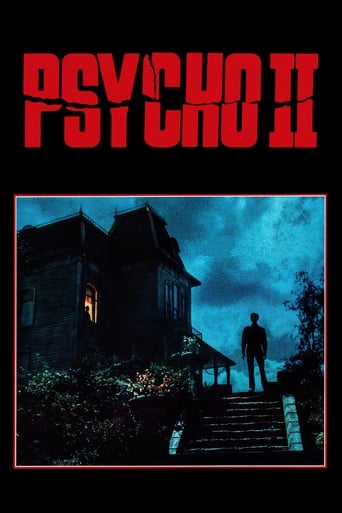
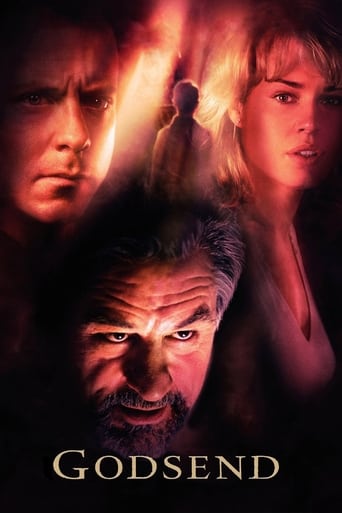
Reviews
This movie is the proof that the world is becoming a sick and dumb place
Fresh and Exciting
Don't listen to the negative reviews
All of these films share one commonality, that being a kind of emotional center that humanizes a cast of monsters.
The mental institution in this film, called "Poplar Lodge" I believe, is modeled on Chestnut Lodge, a Bethesda, Maryland institution famed for early attempts to establish interpersonal relationships with (rich) psychotic patients. This fits the institutional style depicted in this film. Hopwever, the main characters do not seem to be mentally ill so much as metaphores for the madness es in our society. The perception that sexual expression represents evil or crazy behavior, not changed all that much from the time this film was made, frequent wars, and the way sensitive people are brushed aside as others hustle toward dubious goals, are all personified as forms of madness. Okay so far.But the film does not quite work. The character played by Anne Meacham, seething with barely suppressed sexuality, works, but Lilith, played as a golden haired all American, girl next door beauty, doing and saying odd things, making up her own language, seeing herself as an outside observer of our society, is a character which doesn't hit home. She seems more quirky than mad. That she drives men into destructive actions seems somehow unlikely. At the most, she may be a catalyst for their weaknesses to be expressed.Jean Seberg doesn't personify madness. She seems just bemused. Warren Beatty conveys a lack of inner direction, a developing depression, and strange longings by looking blank, seeming inarticulate, and acting as if he has no idea of the direction his next step will take. All of this slows this film down to a very languid pace, frequently accompanied by a relaxed bop-along jazz score. Thus, the film is too slow, a long windup for a soft pitch. It is hard to feel much tension, even though it is clear that there is supposed to be a lot of tension. Nice try, but no cigar.
This is an unusual film that has a young Warren Beatty playing Vincent, a Korean War veteran, who is taken on as an occupational therapist at a mental institution for wealthy patients. If for no other reason this is worth watching for its improbable and disparate cast: besides Beatty there is Jean Seaberg as a patient (Lilith), Kim Hunter as a doctor on the institution's staff, Peter Fonda as the introverted patient Steve, and Gene Hackman as the husband of one of Vincent's previous flames.A good percentage of the scenes are filmed in extreme close-up, particularly the ones between Beatty and Seberg. The black-and-white photography is well suited for this, since facial expressions carry more force in black-and-white.It's hard to pin down what the problems are that the patients have. Perhaps that is the nature of mental illness, but the patient's peculiarities struck me as a bit exaggerated. There are sexual undertones running throughout (well, in the case of Beatty and Seberg more than undertones). Steve fancies Lilith and makes timid attempts to attract her and convinces himself, wrongly, that there is hope there. Vincent's presence seems to release a sort of pan-sexuality in Lilith. Not only does she take up with him, but she also has a lesbian connection with another patient and displays an ill-defined affinity for pre-pubescent boys. Waterfalls and running water turn Lilith on and there is a scene where she looks at her reflection in a lake and kisses the image, another indication of sexuality running wild I guess.Vincent himself is no model of sanity. There is a connection between his feelings for his dead mother and those for Lilith, whose appearance bears a striking resemblance to his mother. Beyond that, Vincent has a lot of unresolved issues that are only hinted at. Precise character analysis is not what this movie is about and you are left wondering just what it *is* about. One thing for sure, dealing with sexuality in a mental institution is not an exact science.There is a lengthy sequence where Vincent and Lilith go to a fair and Vincent enters a jousting contest where horseback riders use their lances to pluck small rings from suspended metal mounts. This has to be one of the oddest sequences in all of moviedom.When it was over, my reaction was (and is), "I'm not sure what to make of this movie."
Often very haunting and beautiful, 'Lillith' is a hard film to put your finger on. After seeing it five days ago I'm still not entirely sure whether I really liked, but I was indeed fascinated by it. Warren Beatty and Jean Seberg as the title character both turn in interesting performances as the nurse and patient in a mental institution. Beatty slowly gets caught in Seberg's web, with her madness described as a state of 'rapture'. Is she better off existing in her own world? Is she happier? Some gorgeous black-and-white photography in this one, especially the shots of Seberg and Beatty making love for the first time. And the lesbian scene seemed really strong for the time period.
Robert Rossen would only direct ten films in the space of 17 years and, despite their sometimes erratic quality, he was a talented and highly respected figure. His neglected and misunderstood swan-song was deemed by some a means of reparation for his former Communist beliefs and the fact that he was a friendly witness during the HUAC hearings (the confused hero wanting to make good but ending up disillusioned); when the picture was mauled by critics, he got cold feet and bailed out of his intention to present it at the Venice Film Festival! Few American movies up to this point had revolved around insane asylums, most notably the prestigious THE SNAKE PIT (1948), Vincente Minnelli's glossy, all-star melodrama THE COBWEB (1955) and the somewhat hysterical SHOCK CORRIDOR (1963) from maverick film-maker Samuel Fuller. Still, this is more of a character study than a serious treatment of its subject matter (which, outside of the inmates played by Jean Seberg and Peter Fonda – a nice early dramatic showcase for the latter – are restricted to a handful of intense irrational outbursts, for lack of a better phrase). Even so, Warren Beatty’s brooding occupational therapist protagonist is himself often impenetrable (despite the sympathetic guidance of asylum head Kim Hunter) – justifying his own breakdown at the film’s abrupt, haunting conclusion. The essential gloominess of the piece is, however, offset by passages of lyricism (the ethereal yet experimental black-and-white cinematography by veteran Eugen Schuftan – who had won as Oscar for Rossen’s previous film, THE HUSTLER [1961] – is exquisite throughout): that said, sequences such as the lengthy interlude at the fair (complete with an archaic jousting tournament) seem to be making some obscure point or other which renders it a slightly pretentious whole.Apart from the fact that therapist and patient are involved in a tempestuous love affair, the film’s controversial aspects entail scenes subtly depicting paedophelia, a lesbian relationship and also the temptation for an extra-marital fling by Beatty’s former girlfriend (Jessica Walter); a young Gene Hackman appears as Walter’s workaholic but uncouth husband in one scene – naturally, he would re-unite with Beatty for Arthur Penn’s seminal BONNIE AND CLYDE (1967). Despite his classic good looks, Beatty didn’t conform to Hollywood standards – opting from the outset for gritty and often demanding fare (including John Frankenheimer’s ALL FALL DOWN [1962] and Penn’s MICKEY ONE [1965]) whenever he could. The beguiling Seberg exudes effortless sensuality in the role of the enigmatic Lilith which, reportedly, was her own personal favorite; chillingly, the climactic regression into total madness of her character parallels that of the actress herself who would eventually take her own life 15 years later!

